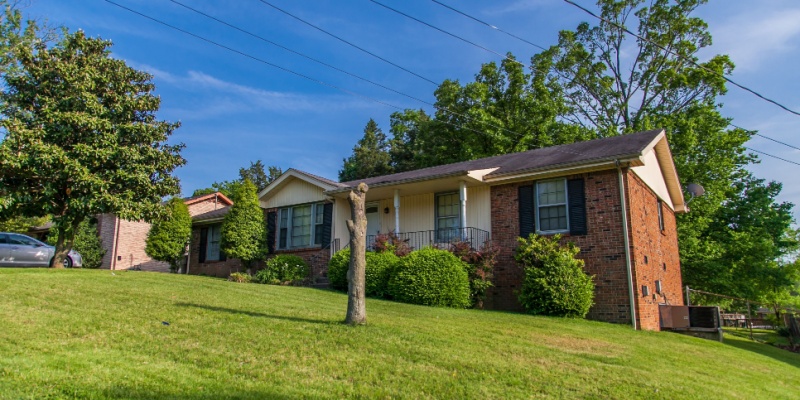Nashville, TN, with its warm climate and occasional humidity, provides an ideal environment for termites. These pests are a common concern for homeowners in the area, causing significant structural damage if left untreated. But how prevalent are termites in Nashville? What can homeowners do to protect their properties?
Understanding the Termite Threat in Nashville
1. Climate and Geography
Nashville's climate plays a significant role in the prevalence of termites. The warm temperatures and moderate humidity create an ideal environment for termites to thrive. Subterranean termites, the most common type in the region, build their colonies in the soil and can easily access homes through the foundation.
2. Common Termite Species
In Nashville, the most common termite species are subterranean termites. These termites build extensive colonies underground and can tunnel through soil to reach above-ground food sources. Drywood termites are less common but can still pose a threat, particularly in older homes with untreated wood.
3. Seasonal Activity
Termites are most active during the warmer months, typically from spring to fall. During this time, they swarm to mate and establish new colonies. However, termites can cause damage year-round, making it essential for homeowners to remain vigilant.
Signs of Termite Infestation in Nashville Homes
1. Mud Tubes and Tunnels
Subterranean termites build mud tubes to travel from their colony to their food source. These tubes are often found on foundations, walls, or in crawl spaces. They are a telltale sign of termite activity and should not be ignored.
2. Swarmers and Discarded Wings
During the swarming season, you might notice winged termites, known as swarmers, around your home. After swarming, they shed their wings. Piles of discarded wings near windowsills, doorways, or other entry points indicate a nearby termite colony.
3. Wood Damage
Termites eat wood from the inside out, leaving a thin exterior layer. Damaged wood may sound hollow when tapped or show visible signs of tunneling. If you notice any unusual changes in your wood structures, it's essential to have them inspected.
4. Frass
Drywood termites produce frass, which are tiny, pellet-like droppings. These can accumulate around infested wood and resemble sawdust or coffee grounds. Finding frass is a clear indication of termite activity.
Preventative Measures for Nashville Homeowners
1. Regular Inspections
Scheduling regular termite inspections is crucial, especially in termite-prone areas like Nashville. Professional inspections can detect early signs of infestation and prevent extensive damage.
2. Moisture Control
Termites are attracted to moisture. Ensure your home is properly ventilated, and address any leaks or drainage issues promptly. Use dehumidifiers in damp areas like basements and crawl spaces to reduce moisture levels.
3. Proper Wood Storage
Avoid storing wood, lumber, or firewood near your home's foundation. If you must store wood, keep it elevated and covered to minimize termite access.
4. Seal Entry Points
Seal any cracks or gaps in your home's foundation, walls, and around utility pipes. This can help prevent termites from entering your home and establishing a colony.
What to Do If You Suspect Termites
If you suspect a termite infestation, contact a pest control professional immediately. Early detection and treatment are key to preventing extensive damage. Professional pest control services can provide effective solutions to eliminate termites and protect your home from future infestations.
Termites are a common problem for homeowners in Nashville, TN, but with the right preventative measures and professional help, you can protect your home from these destructive pests. Stay vigilant, schedule regular inspections, and address any signs of termite activity promptly to keep your home safe and secure.

